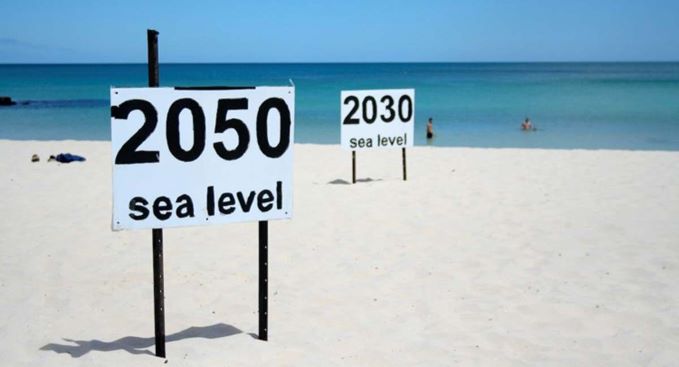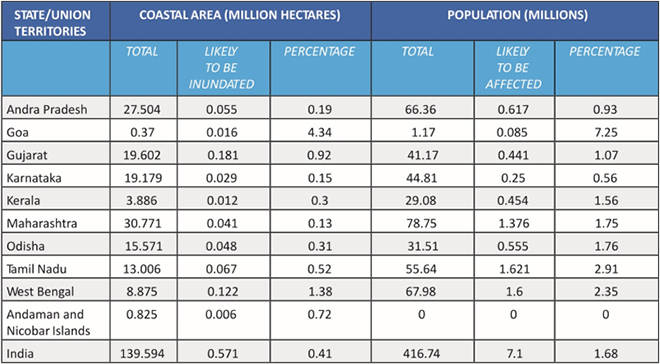PM Modi to Launch CDRI During UN Climate Summit in September

The Prime minister Modi chaired cabinet which recently gave an ex-post facto approval for CDRI, plans to launch the facility at the UN Climate Action Summit in New York, USA on 23rd September 2019.
International Coalition for Disaster Resilient Infrastructure on august 13 had received the approval for its establishment and its Secretariat Office in New Delhi. The UN summit will bring together the largest number of Heads of States to generate commitments for combating the effects of climate change and resulting disasters, and will provide the high-level visibility required for the CDRI, according to government statement.
Indian government has in-principle approved support of Rs. 480 crore (approx. $70 million) to CDRI for a corpus required to fund technical assistance and research projects on an on-going basis, setting up the Secretariat office and covering recurring expenditures over a period of 5 years from 2019-20 to 2023-24.
The endorsed version of the Charter document that will act as the founding document of the CDRI. The charter will be finalized after taking inputs from potential member countries by the NDMA in consultation with the Ministry of External Affairs.
India is the third worst-affected country due to climate-induced natural disasters. The 7,517-km-long coastline is home to 260 million people or one- third of India’s population, who live in low-lying areas within 50 km of the sea coast and are perennially exposed to climate variabilities and extreme weather events.
Potential impact of 1metre sea level rise on India’s coastal area and population

Warming oceans leading to sea-level rise provide a source of thermal expansion of seawater, contributing to more intense and frequent storm surges and cyclones.
For instance, according to report by ORF, the damage assessment figures indicate a total loss of 90,000 crores (approximately US$20 billion) due to the Hudhud cyclone that struck the east coast of India in 2014. In the case of recent cyclone Fani, the first preliminary assessment report of the Odisha government suggests damages to 500,000 houses and 6,700 hospital buildings and 1.88 lakh hectares of agricultural land, while 3.4 million livestock perished. In the district of Puri and parts of Khurda and Bhubaneshwar, the electricity infrastructure has been totally devastated. Total losses have reached at least ₹ 50,000 crore. The damage to infrastructure has severely affected nearly 1.51 crore people spread over 16,659 villages in Odisha. Reports suggest that it will take the Odisha government five to 10 years to rebuild the state from the loss and damage caused by cyclone Fani alone. Similarly, the 2018 floods in Kerala destroyed 280,000 houses and 140,000 hectares of standing crops, and damaged about 70,000 km of road network. The total recovery needs of the State was estimated at ₹31,000 crores as per the Post Disaster Needs Assessment (PDNA) conducted by the UN Agencies.
The CDRI is planned to serve as a platform where knowledge can be generated and exchanged on different aspects of disaster and climate resilience of infrastructure. It will bring together technical expertise from a multitude of stakeholders. In doing so, it will create a mechanism to assist countries to upgrade their capacities and practices, with regard to infrastructure development in accordance with their risk context and economic needs.




